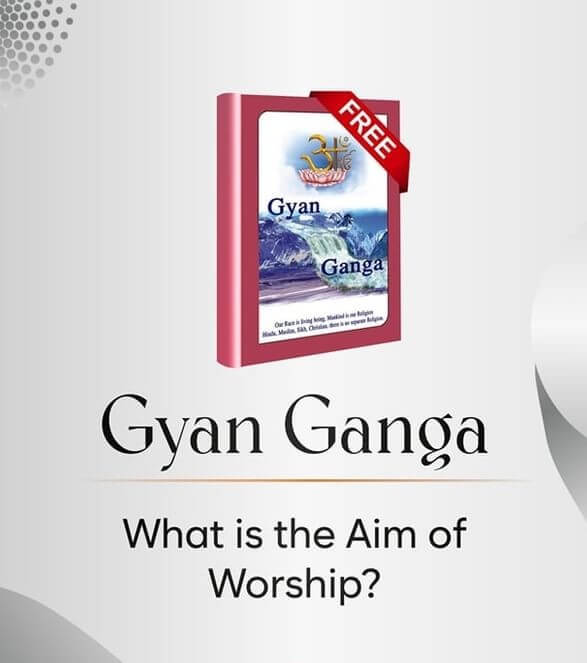Are Mantras like Ram, Hare Krishna, Hari Om, Om Namah Shivaya of any use?
Help & Information / Are Mantras like Ram, Hare Krishna, Hari Om, Om Namah Shivaya of any use?
Are Mantras like Ram, Hare Krishna, Hari Om, Om Namah Shivaya of any use?
Can happiness or salvation be attained mantras like Radhe Radhe, Ram Ram, Hare Krishna, Hari Om, Hans, Hari Om Tat Sat, Om Namah Shivaya etc?
According to the knowledge provided in Gyan Ganga, mantras such as "Hari Om Tat Sat," "Hari Om," "Ram," "Hare Krishna," "Waheguru," "Hans,", "Om Namah Shivaya" and similar ones are considered arbitrary and futile. These mantras, while widely used in various spiritual practices, are not mentioned in the Bhagavad Gita, and as such, they do not hold any scriptural basis for granting salvation or any real spiritual benefit. Gyan Ganga emphasizes that these mantras cannot lead to true liberation or enlightenment, as they are not the actual mantras that align with the teachings of the Vedas or the Gita.
Lack of Mention in the Bhagavad Gita
The Bhagavad Gita, a revered scripture in Sanatan Dharma, does not mention these widely used mantras as the means for achieving salvation. Nowhere in the Gita is it indicated that chanting "Ram," "Hari Om," "Hare Krishna," or "Waheguru" will lead to liberation from the cycle of birth and death. These mantras are, therefore, arbitrary and not in line with the teachings that guide one toward moksha (salvation). According to Gyan Ganga, these mantras are ineffective because they do not come from the Supreme God or the scriptures that truly reveal the path of salvation.
Arbitrary and Ineffective
In Gyan Ganga, it is explained that many people blindly follow traditional mantras without understanding their origin or their effectiveness in leading to salvation. These mantras, including "Hans," "Hare Krishna," and "Ram," have become popular over time, but their use is based on convention rather than true spiritual knowledge. Because they are not mentioned in authentic scriptures like the Bhagavad Gita or the Vedas, they are seen as ineffective in achieving any lasting spiritual benefit, let alone salvation.
Gyan Ganga points out that following an arbitrary mantra can mislead an individual, giving them a false sense of spiritual progress. Such mantras might provide momentary peace or psychological comfort, but they do not have the divine power to grant moksha or true enlightenment.
The Need for a Scripturally Sanctioned Mantra
The book explains that the only way to attain salvation is by obtaining the correct mantra, which has been revealed by the Supreme God. In Bhagavad Gita 17:23, the mantra "Om Tat Sat" is mentioned, which signifies the eternal truth and is directly related to the Supreme Being. This mantra is also a coded mantra. However, common mantras like "Hari Om," "Ram," and others are not mentioned in the Gita as divine revelations.
True spiritual knowledge and salvation can only be achieved by following the teachings of a Complete Saint, who has the authority to impart the correct mantra that aligns with the scriptures. Gyan Ganga highlights the need for a soul to be initiated with the true mantra as per scriptural guidance to progress on the spiritual path.
Conclusion
The mantras such as "Hari Om Tat Sat," "Hari Om," "Ram," "Hare Krishna," "Waheguru," and "Hans" are considered ineffective and futile according to the teachings in Gyan Ganga. Since they are not mentioned in the Bhagavad Gita or other authentic scriptures, they cannot offer any spiritual benefit, let alone salvation. True liberation can only be attained by chanting the correct mantra revealed by the Supreme God, under the guidance of a Complete Saint. Therefore, it is essential to abandon these arbitrary mantras and seek the true path to salvation as prescribed in the scriptures.
← Are Pilgrimages, Observing Fasts and doing Ancestor Worship (Shraadhs) of any use? Age of Lord Brahma, Vishnu and Shiva →
